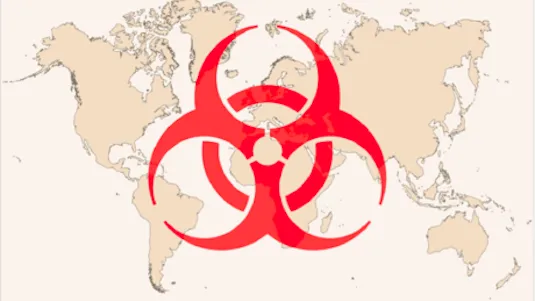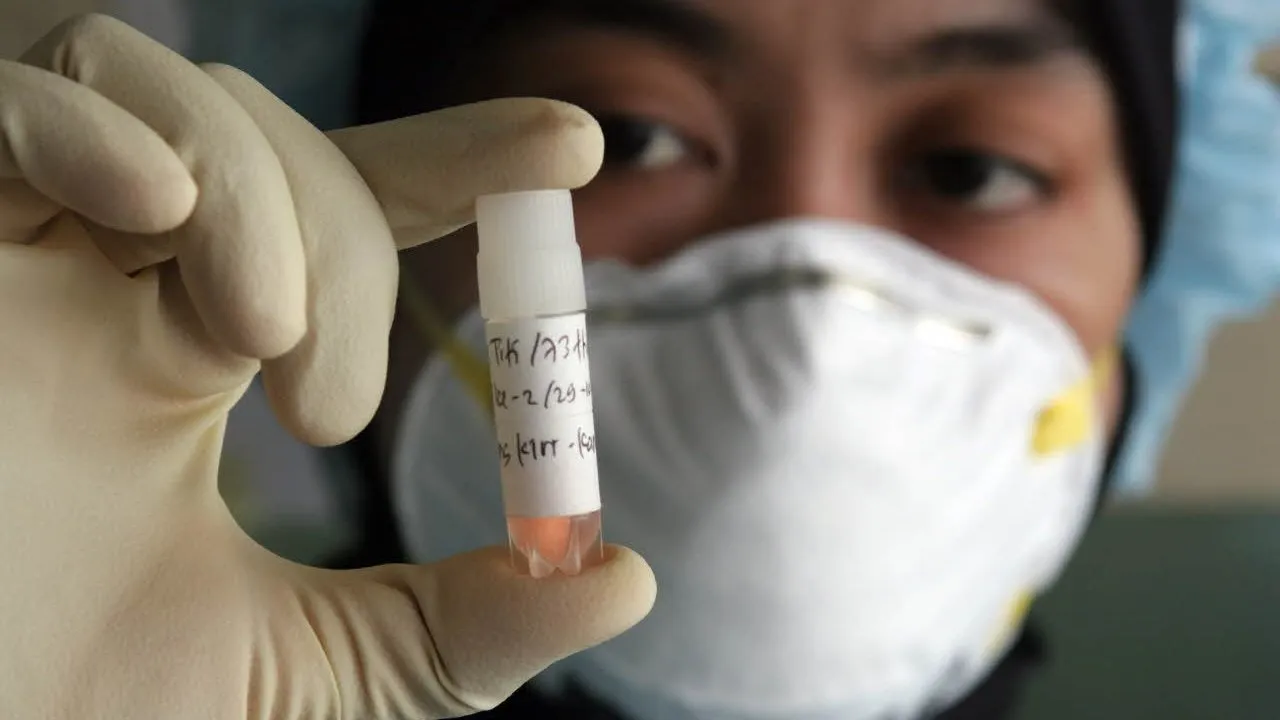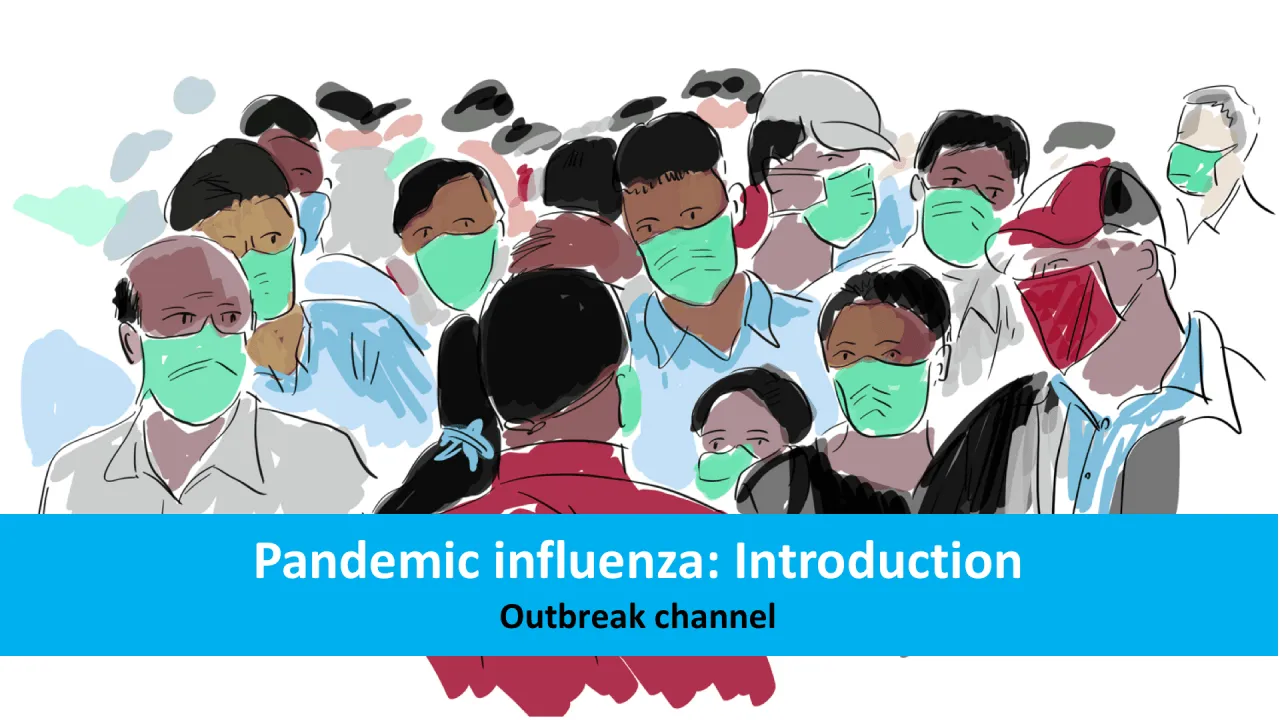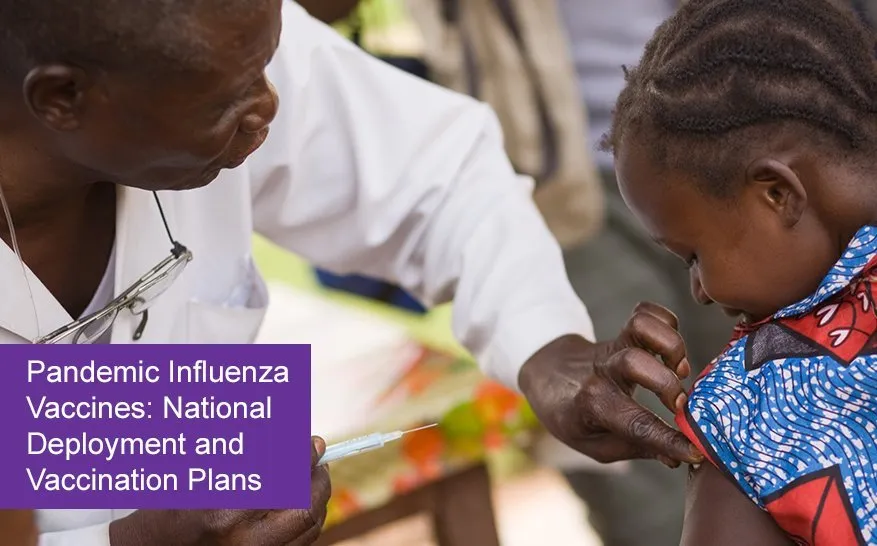
Epidemics - the Dynamics of Infectious Diseases 
This course explores the history of infectious diseases and how they have impacted our world. It examines how we have managed to reduce the risk of death from these diseases and how we can continue to do so. Students will gain an understanding of the dynamics of epidemics and how to prevent them. ▼
ADVERTISEMENT
Course Feature
![]() Cost:
Cost:
Free
![]() Provider:
Provider:
Coursera
![]() Certificate:
Certificate:
Paid Certification
![]() Language:
Language:
English
![]() Start Date:
Start Date:
24th Jul, 2023
Course Overview
❗The content presented here is sourced directly from Coursera platform. For comprehensive course details, including enrollment information, simply click on the 'Go to class' link on our website.
Updated in [March 06th, 2023]
Epidemics - the Dynamics of Infectious Diseases is a course designed to provide learners with an in-depth understanding of infectious diseases and their dynamics. Learners will gain an understanding of the major themes of infectious diseases dynamics, including the spread of diseases, disease transmission, disease outbreaks, and drug resistance. They will also learn about the evolution of drug resistance, the dynamics of the flu, and the resurgence of childhood diseases such as measles and whooping cough. In addition, learners will explore the use of mobile phones, social media, and crowdsourcing in disease surveillance, and the concept of “zombie ants” whose brains are hijacked by an infectious fungus. Finally, learners will gain an understanding of the importance of vaccination in disease prevention and control.
[Applications]
Upon completion of this course, students will be able to apply their knowledge of epidemics and the dynamics of infectious diseases to a variety of contexts. They will be able to understand the spread of infectious diseases, the evolution of drug resistance, and the use of digital epidemiology for disease surveillance. They will also be able to identify the potential for pandemics and the importance of vaccination. Finally, they will be able to recognize the potential for emerging diseases and the need for continued research and development in this field.
[Career Paths]
1. Epidemiologist: Epidemiologists are public health professionals who investigate patterns and causes of disease and injury in humans. They seek to reduce the risk and occurrence of negative health outcomes through research, community education, and health policy. Epidemiologists are increasingly using digital epidemiology to track and monitor the spread of infectious diseases.
2. Infectious Disease Physician: Infectious disease physicians specialize in the diagnosis and treatment of infectious diseases. They are responsible for diagnosing and treating patients with infectious diseases, as well as providing preventive care and education to help reduce the spread of infectious diseases.
3. Public Health Educator: Public health educators are responsible for educating the public about health issues and promoting healthy behaviors. They use a variety of methods, such as lectures, workshops, and media campaigns, to reach their target audiences. They also work to develop and implement health policies and programs to reduce the spread of infectious diseases.
4. Vaccinologist: Vaccinologists are scientists who study the development, production, and effectiveness of vaccines. They are responsible for researching and developing new vaccines, as well as testing existing vaccines for safety and efficacy. Vaccinologists are also involved in the development of new strategies to improve vaccine delivery and effectiveness.
[Education Paths]
1. Bachelor of Science in Epidemiology: This degree program focuses on the study of the spread of infectious diseases and how to prevent them. It covers topics such as public health, biostatistics, and epidemiological research. Students will learn how to identify, monitor, and control the spread of infectious diseases, as well as how to develop strategies to prevent them. This degree is becoming increasingly important as the world faces new and emerging infectious diseases.
2. Master of Science in Infectious Disease: This degree program focuses on the study of the biology, ecology, and epidemiology of infectious diseases. Students will learn about the causes, transmission, and prevention of infectious diseases, as well as how to develop strategies to control them. This degree is becoming increasingly important as the world faces new and emerging infectious diseases.
3. Doctor of Public Health in Infectious Disease: This degree program focuses on the study of the public health aspects of infectious diseases. Students will learn about the epidemiology, prevention, and control of infectious diseases, as well as how to develop strategies to reduce their impact. This degree is becoming increasingly important as the world faces new and emerging infectious diseases.
4. Master of Science in Global Health: This degree program focuses on the study of global health issues, including the spread of infectious diseases. Students will learn about the causes, transmission, and prevention of infectious diseases, as well as how to develop strategies to control them. This degree is becoming increasingly important as the world faces new and emerging infectious diseases.
Pros & Cons

Variety of instructors and teaching styles.

Tests at the end of each unit.

Clear and succinct lessons.

Comprehensive perspective on epidemics.

Interesting and relevant material.

Practical aspects of epidemiology.

EdX charges for tests.

One instructor seemed uncomfortable.

Vague content on Ebola, SARS, etc.

Lack of quantitative aspect.
Course Provider

Provider Coursera's Stats at AZClass
Discussion and Reviews
0.0 (Based on 0 reviews)
Explore Similar Online Courses

Introduction to Personal Branding

Virology and Epidemiology in the Time of COVID-19

Python for Informatics: Exploring Information

Social Network Analysis

Introduction to Systematic Review and Meta-Analysis

The Analytics Edge

DCO042 - Python For Informatics

Causal Diagrams: Draw Your Assumptions Before Your Conclusions

Whole genome sequencing of bacterial genomes - tools and applications

Pandemic and epidemic-prone diseases

Pandemic influenza: Introduction

Pandemic Influenza Vaccines: National Deployment and Vaccination Plans
 Related Categories
Related Categories
 Popular Providers
Popular Providers
Quiz
 Submitted Sucessfully
Submitted Sucessfully
1. What is digital epidemiology?
Correct Answer: It is the use of mobile phones, social media and crowdsourcing to revolutionize disease surveillance.


Start your review of Epidemics - the Dynamics of Infectious Diseases